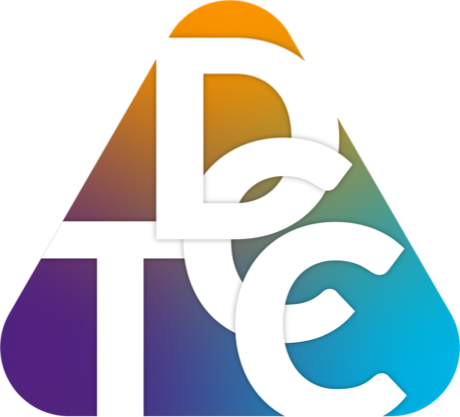TDCC SSH Governance
The Governance Framework outlines our relationship to funders, stakeholders, the network and various communities - highlighting who has decision making power, strategic oversight, operational input and day to day responsibility.

The leadership team is a Network Manager and a Coordinator, hosted by DANS. The priorities for the Manager is to oversee the financial and grant related aspects of the programme, design the five-year strategic plan, develop the governance structure and lead on the communications strategy.
The Coordinator’s focus is to stimulate connections with communities. This includes developing the project investment process while supporting the development of projects. Additionally, the Coordinator will develop and lead on outreach and events.
Jointly, the team is responsible for designing the infrastructure of the network and representing the TDCC SSH nationally and internationally.
The Leadership Team is:
• Nicole Emmenegger, Network Manager
• Nils Arlinghaus, Coordinator
The TDCC SSH consortium consists of three partners representing the main Dutch Research Infrastructures (RIs) in the Social Sciences (ODISSEI) and Humanities (CLARIAH) and the main SSH research service provider and repository (DANS). They are each represented on the Executive Board and meet quarterly with the Leadership Team to offer strategic guidance and operational direction on the programme.
This board has the formal responsibility of granting approval for action plans, budget and annual reports. In conjunction with the Leadership Team, they constitute the ultimate decision-making mandate for the programme. This means that if any significant decisions require voting or approval, the Executive Board is the governing body with the authority to make those determinations.
The Executive Board is:
• Anja Smit, DANS Director
• Dirk van Miert, CLARIAH Principal Investigator and Director of The Huygens Institute
• Tom Emery, ODISSEI Executive Director
The Advisory Board consists of six members from amongst our key stakeholders who meet three times per year. The main duties of the group are:
• To provide input on the long term strategic aims and five year action plan
• Advise on the project evaluation procedures
• Input on impact assessment measures and methods
• Advocate for the TDCC-SSH and help build the network
The Advisory Board is:
• Chair: Susan Aasman - Professor of Digital Humanities, University of Groningen
• Deputy Chair: Annette Langedijk - Research Partnership Lead, SURF
• Chantal Kemner - Professor of Biological Developmental Psychology, Utrecht University
• Claudia van Oppen - Director, Maastricht University Library
• Gijs van Dijck - Professor of Private Law; Director, Maastricht Law and Tech Lab, Maastricht University
• Martijn van Leusen - Associate Professor of Landscape Archaeology, University of Groningen
The Assessment & Selection (A&S) committee convens annually and has the remit to assess and select the projects that will be submitted under the TDCC SSH NWO open call. The A&S committee members evaluate project ideas and advise on the prioritisation of applicants to invite to write a full proposal.
See the dedicated Committee page for more info. Download the Terms of Reference here.
